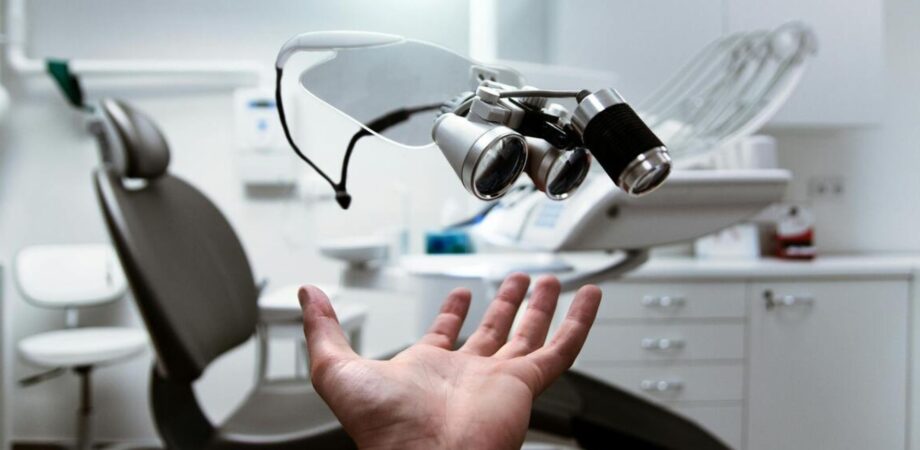The science behind hypnotherapy: Does it really work?
Hypnotherapy is a technique that uses hypnosis to help people make positive changes in their lives. Contact clinics offering hypnotherapy for bruxism if you want to try out this therapy. It is often used to reduce stress, overcome bad habits, and improve mental wellbeing. But does it really work? Let’s explore the science behind it.
What is hypnotherapy?
Hypnotherapy is a guided process where a trained therapist helps you enter a deeply relaxed state. In this state, your mind becomes more focused and open to suggestions. This does not mean you lose control. Instead, your brain becomes more receptive to positive changes.
How does hypnotherapy work?
The human brain has two main parts:
- The conscious mind – The part that makes decisions based on logic.
- The subconscious mind – The part that stores memories, habits, and emotions.
Hypnotherapy works by bypassing the conscious mind and communicating directly with the subconscious. This helps change deep-rooted thoughts, behaviours, and emotional responses.
The science behind hypnosis
Several scientific studies support the effectiveness of hypnotherapy. Research using brain scans shows that hypnosis changes brain activity. During hypnosis:
- The prefrontal cortex, which controls decision-making, becomes more active.
- The default mode network, which handles daydreaming and automatic thoughts, becomes less active.
- The brain’s pain centres show reduced activity, explaining why hypnosis is effective for pain management.
What can hypnotherapy help with?
Hypnotherapy is used for many conditions, including:
- Reducing anxiety and stress – It helps calm the nervous system.
- Overcoming phobias – It rewires fear responses.
- Quitting smoking – It replaces cravings with positive suggestions.
- Weight loss – It helps change eating habits.
- Managing chronic pain – It reduces the brain’s perception of pain.
- Improving sleep – It helps people with insomnia relax and sleep better.
Does hypnotherapy work for everyone?
Hypnotherapy works well for many people, but results vary. Some people are more hypnotisable than others. Those who are open to the process tend to see better results.
Scientific studies support the effectiveness of hypnotherapy. It helps the brain rewire thoughts, habits, and emotions. While it may not work for everyone, many people experience positive changes. If you are curious, consulting a certified hypnotherapist may be worth exploring.
Mindweave Hypnotherapy is a reputable clinic that provides high-quality hypnotherapy for bruxism. Contact us today to find out more.



